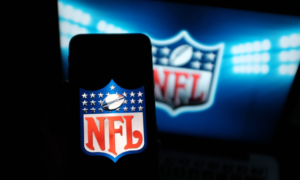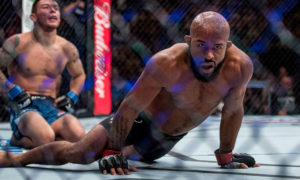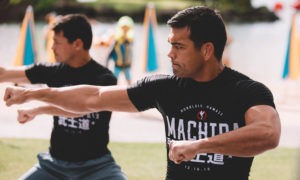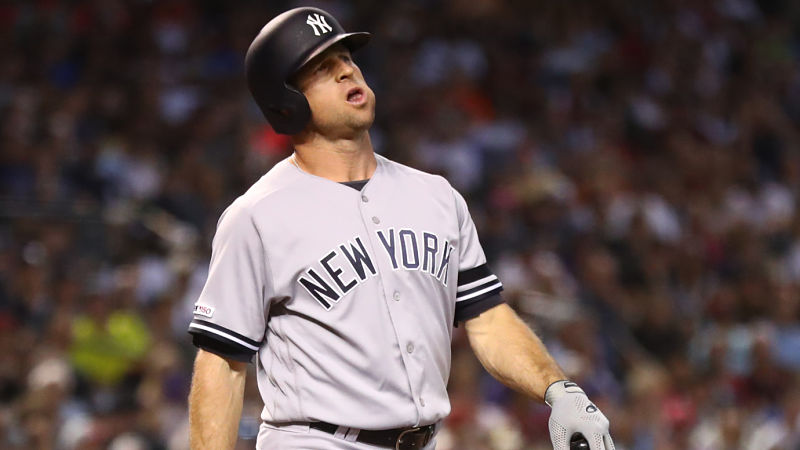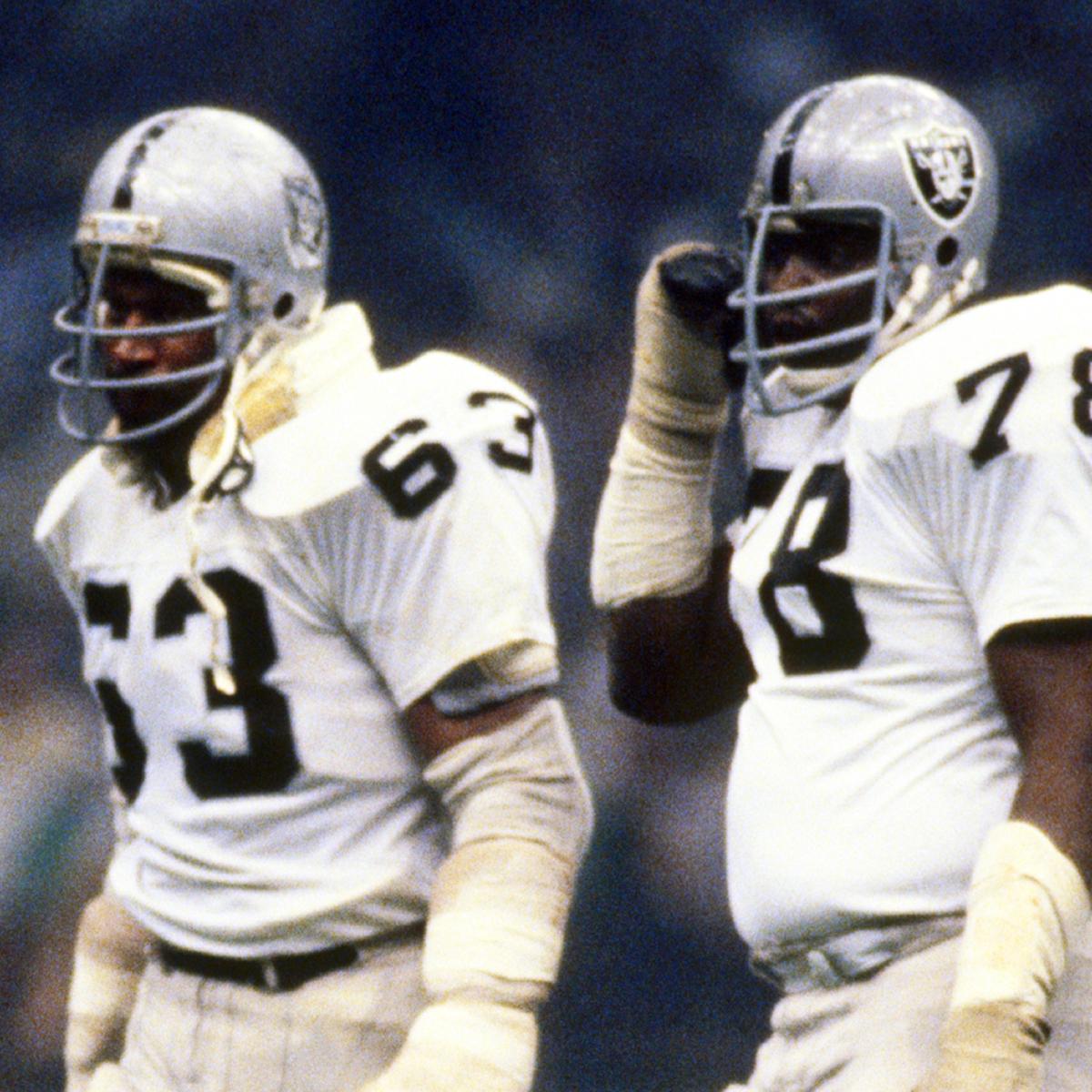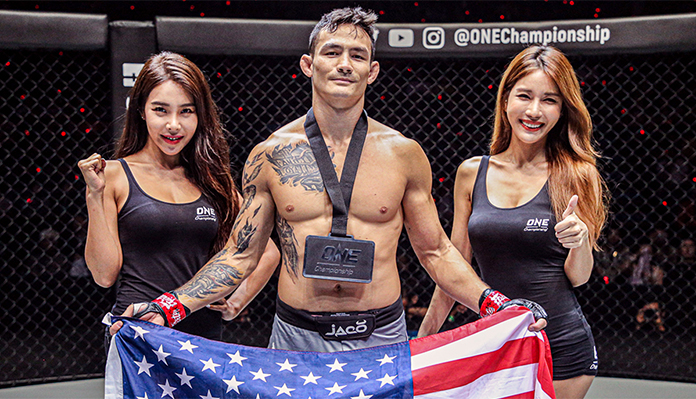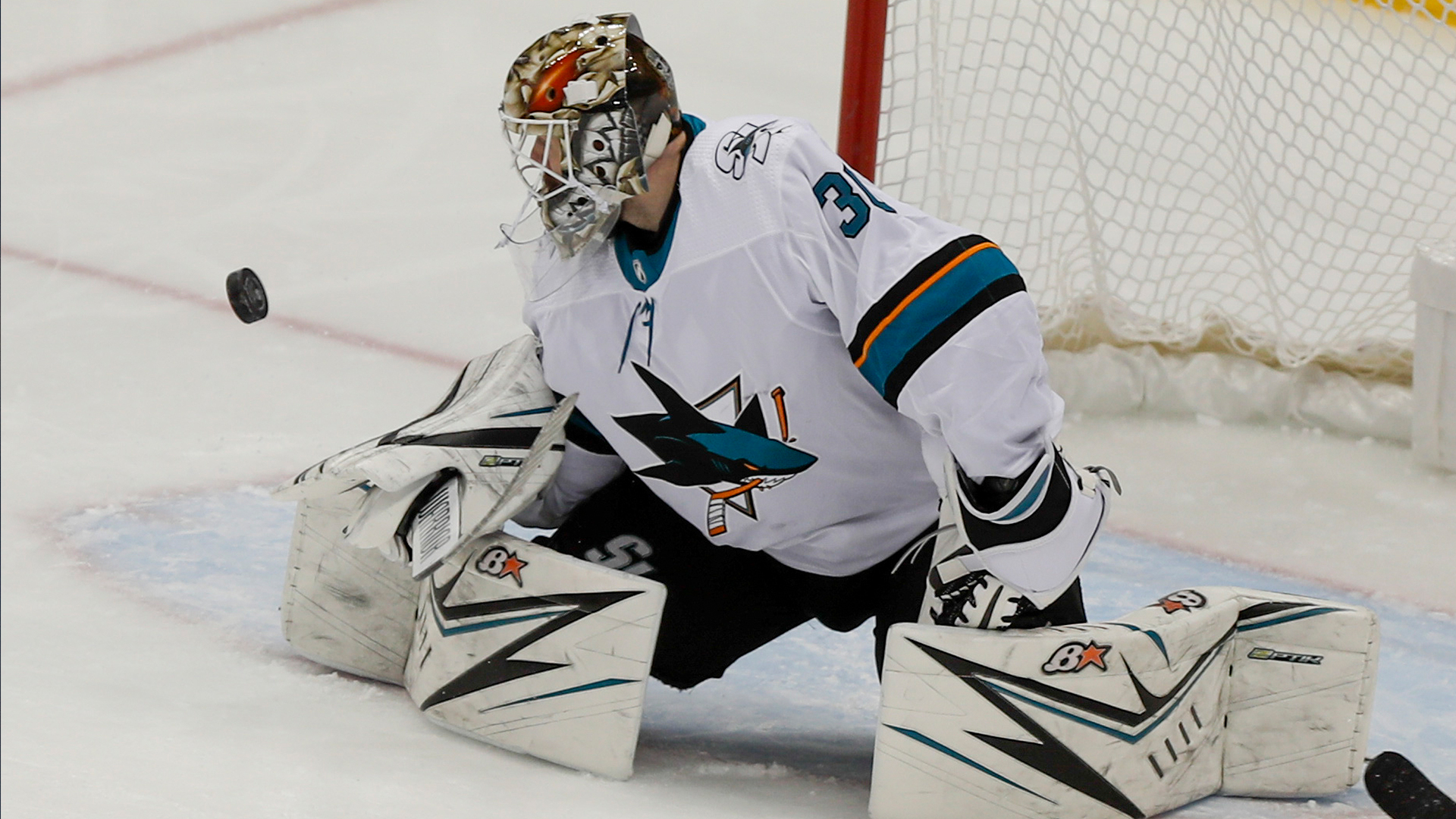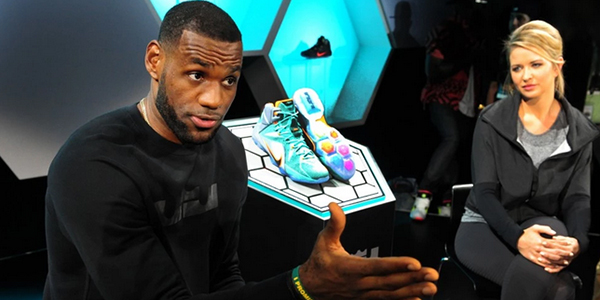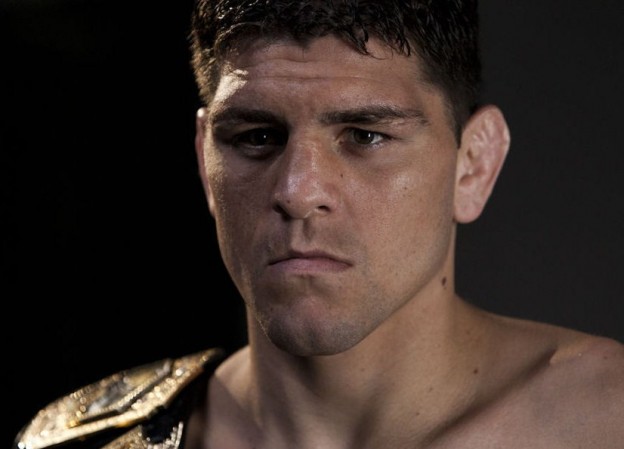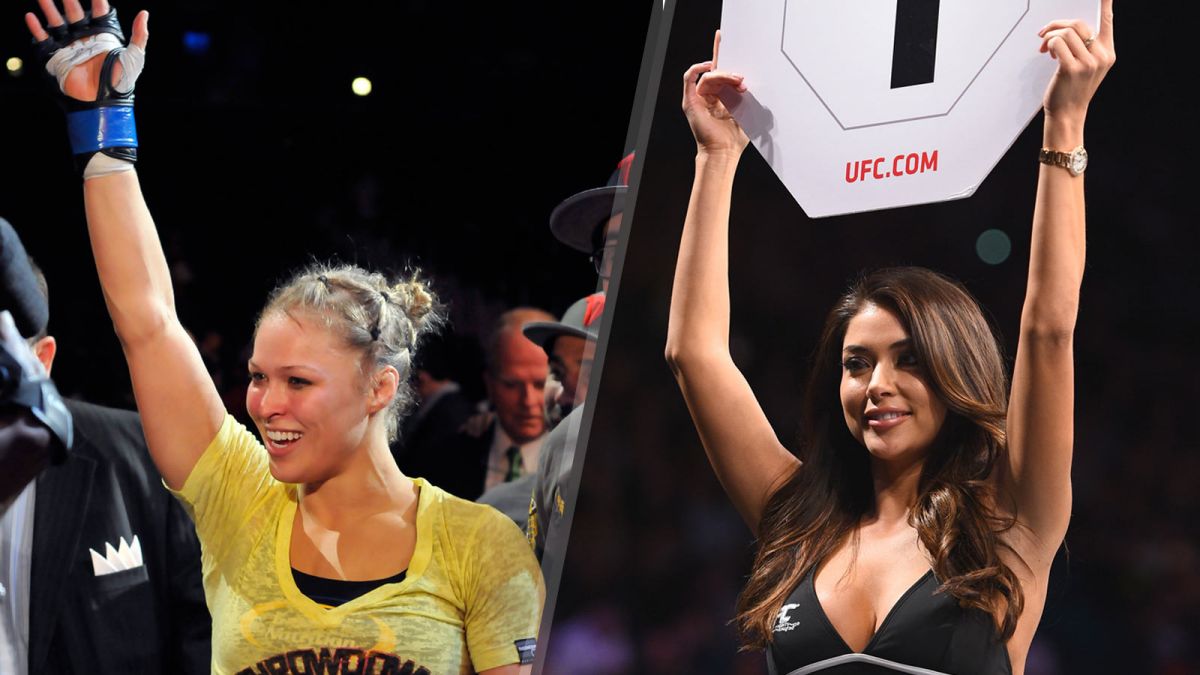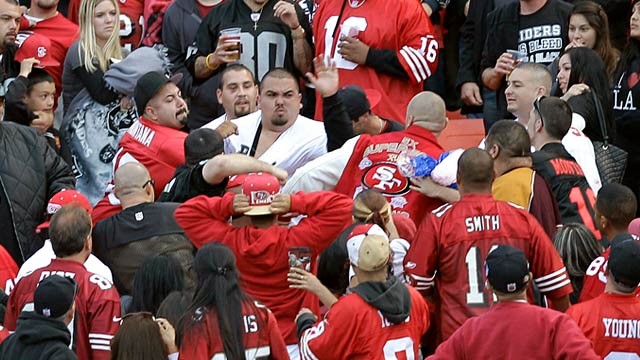The 2020 NBA draft has a lot of uncertainty. But after learning more about Xavier Tillman, you can bet that he will make a team very happy.
Tillman, who played three years for the Michigan State Wolverines, opened up about having his second child right before quarantine began. He also touched on his plans to start an AAU youth basketball team in Michigan, why he would love to go into broadcasting after his playing career is over and plenty more.
He also provided a fascinating insight into how a false tweet about him helped him learn about serious interest from an NBA team. He added that he has heard that front offices are interested in selecting him between the late first and early second round.
Please note this interview was very minorly edited for brevity and clarity.
Obviously, this has been such a strange year. I’d love to hear your impressions of what the last few months have been like for you.
Xavier Tillman: I’ve been able to get strength and conditioning in and I’ve had a lot of on-court work. I’ve been able to get both of those in every day, usually in the mornings. It has all been crazy, though, from the season being cut off as soon as we got a share of the Big 10 title. My son was born five games before that. Then I thought the draft would happen in June and it was pushed back all the way to November. So yeah, this has been very different. We have had some days if I didn’t have access to the gym, where I had to work out outside just because everywhere was on lockdown. So I mean, this has definitely been a lot different year for me.
How have you been able to reckon with and come to terms with the fact that the season was cut short, knowing that Michigan State had a Top 10 offense on a Top 15 defense? Those are all the makings of a team that probably could have won the national title.
XT: I was devastated. But I was proud at the same time. I was devastated at first because I knew our potential and I know if we had just gotten the opportunity, we would have made the most out of it. Especially after getting the opportunity to go to the Final Four my sophomore year, I was like: ‘Okay, now I know about the atmosphere’ and everything to be mentally prepared and I’m ready to go.’ But then I was proud at the same time, especially for the young guys who worked their butt off. Mentally, the game was still going by fast. By the time the season happened, everybody felt like we were playing in slow motion. The freshmen were all playing well and they were confident as well. I’m proud of those guys for being able to pull through a tough, grueling season. They showed they were ready to compete for a Final Four. Like I said earlier, it’s devastating that they didn’t get those opportunities I did.
You ended your collegiate career coming off four really big wins against top 25 teams, including a top 10 team in Ohio State. How much did it help to go out that way?
XT: It meant everything to me to win against the highest competition. I never like to back down, ever, no matter who I’m playing against. For example, if I am going against a top-ranked player, those are the games I want to see what I can do against them. I’m going to give it my all, play as hard as I can, play as smart as I can. I want to see if you’re worthy of the hype or not. So that is something that I took pride in, going against those top guys and getting the opportunity to play against the top guys to finish the season. I was able to guard guys like Lamar Stevens, who had First Team All-Big 10, All-American numbers. I went against guys like Kaleb Wesson, who is probably the best back to basket scorer in the Big 10. I could guard guys like Jalen Smith, who would stretch the floor and is very versatile. So be able to finish out the season guarding the best guys and come out with wins was definitely amazing for me.
I’d love to hear about your defensive identity and your defensive role, and how you feel that’ll translate into the NBA.
XT: The first thing that I would say is that I am vocal and I am an anchor on defense. I am the guy who is calling out all the screens on the back end, calling out all the coverages. I’m the guy who watches a lot of film and I call the plays out as soon as they come out. I help my teammates navigate through all of them. Getting everybody on board, that’s what I’m good at.
Then, individually, I guard well coming off screens. Michigan State did a great job of teaching me every single piece of defensive coverage: From a soft hedge to a hard hedge, to a feather, to icing ball screens, to dropping back. We looked at every single ball screen. I’ll be able to translate that to the NBA. I know the unathletic bigs will drop while the really athletic bigs can press up and trap. I can get the ball out of the guard’s hands or even switch onto them. That is something I feel like I have the capabilities of doing and that’s what will help me a lot in the NBA because a lot of teams will move and switch. That’s what Michigan State did to prepare me for my career.
The last thing I would say about my defense is my on-ball ability. I am able to guard both bigs in the post. I can guard fours and threes on the wing, who can put the ball on the floor. That was kind of the last piece that showed up my junior year. I was able to do that, hold people down to way below their numbers. I was able to come up with the right job.
Tell me a little bit about how you got that defensive mentality.
XT: I was taught different ways to play defense when I started playing AAU basketball. My coaches taught me how to play on the appropriate help side and how to time it when you go to track the ball screens and how to time it when you’re traveling across the plane. He taught me all that stuff throughout my years of playing AAU. So by the time I left, my anticipation had been tapped with technique, and I ran with it so in high school, I was getting steals for dunks like I did against Illinois.
My anticipation helped me a lot. So when I got to college, they taught me a little more technique, how to not get fouls but still impact the ball. I was taught “the rule of verticality” and I ran with that as well. I put that in my back pocket and now I know if guys are driving against me, sure, I might not get the block. But I’m able to jump straight up in the air and now you have to finish over a 7-foot-1 wingspan. That’s a lot tougher to do. If you could do it, kudos to you.
Can you walk me through what your film-watching process looks like?
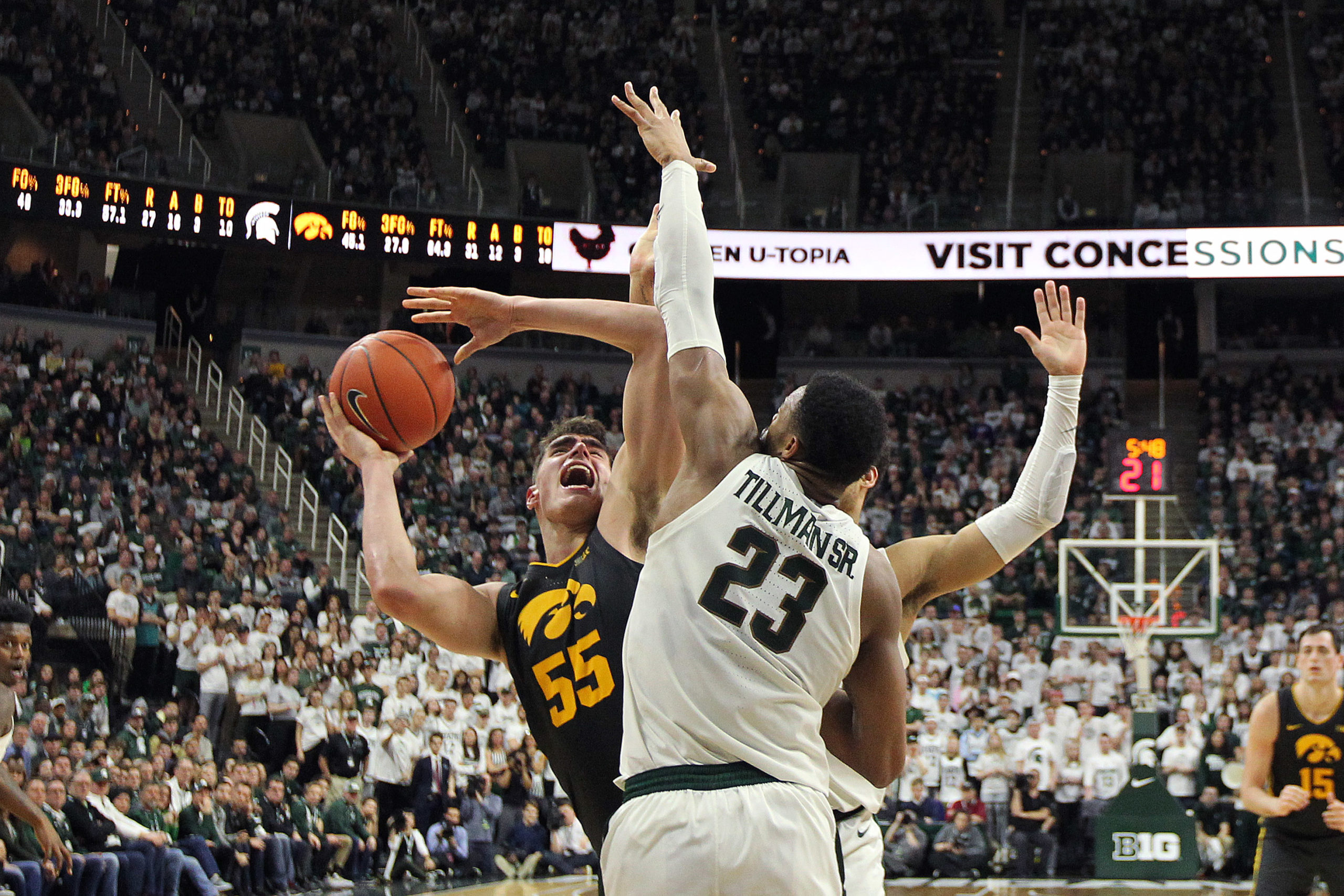 Mike Carter-USA TODAY Sports
Mike Carter-USA TODAY Sports
XT: The film-watching process for me is a couple of different things. The first thing is reading tendencies and what teams are really good at, whether they’re driving right or driving left, finishing right, finishing left. What shoulders do they like to shoot their turnarounds over? Are they a shooter? Can they shoot free throws? All that gets factored in when I’m watching film. So now I see what you’re good at.
A good example is how I prepared for Luka Garza from Iowa. When he catches the ball, he only wanted to shoot it with his right hand, Guarding him, you have to make him shoot it with his left hand. If you are able to do that, you get a block every time. Because I know that’s what you want to do and I’m going to make it as difficult as possible for you to do that. Garza is a guy who can stretch the floor so when he was just sitting at the 3-point line, I’m sitting at the 3-point line with him. I’m not going to go help because I know if for some reason I go down to help and they’re able to kick the ball back, it’s three points every time. I’m going to stay with you. You’re just going to have a long night. We’re going to make your teammates beat us, not you. Knowing that going into a game by watching the film and stuff like that, knowing tendencies, that is how I learn how to be the most efficient defensively.
If you were watching footage of yourself, what are some of the things that you would notice?
XT: I would say that guy is everywhere. Sometimes, I see little Twitter clips of me playing. It would be like 10 or 15 seconds and it will be me like hedging a stagger screen and going back, helping on the ball and going back to my man, get the block, get the rebound, an outlet to Cassius Winston, run down the floor, set the screen for Cash, get Cash open, Cash gets a floater down the middle of the lane. I’m like: ‘Man; you do a lot. You don’t just guard your man and run down the court. You impact on the ball, you kick guys open and when it’s your turn to score, you score.’ I think I’m a guy who just does a lot on the defensive end, and that’s what I pride myself on so it’s kind of cool.
Tell me a little bit about your playmaking and your court vision. How much pride do you take in making plays for others?
XT: Yeah, I take a lot of pride in that because I know you can’t win a game by yourself. With that mindset, I know that I had to get my teammates going in order for me to have any chance to win. I can’t put up 100 points in a game. But what I can do is put up my 20 or my 15 and get the wings going. I set screens for them to get going. Maybe set a cross-screen for my big to get an easy layup or Cash to set him some screens and make a point to get him open. With all that being said, I know what it takes to win a game. If I’m able to just set a screen and get a guy open and that’s what it’s going to take to win a game, that’s what I’m going to do.
What was it like playing with Cash for three years, considering he is an NBA point guard?
XT: I felt like I was cheating the game. I had a guy where I didn’t have to look at him and he didn’t have to look at me and he would still throw me the ball. He would still make the pass to me. His IQ was unreal. He had this swagger about him where he wasn’t just a pass-first point guard, don’t get it twisted, he could get a bucket by himself. At the same time, he knows what it takes to win. He’s able to get guys going. For me, if I’m rim running, he’s able to just throw that lob and get easy buckets. Coming off a screen, he will just throw the pocket pass and say: ‘Hey, now you have to create. I can come down and get it all day. But if we’re going to win this game, I got to have some air. I got to let you make some plays.’ That’s how he developed me.
What was the evolution of your scoring ability near the basket? By your junior year, you were nearly 75.0 percent within five feet of the rim and I think you were an incredible rim runner.
XT: That took a lot of time. During my freshman year, I just tried to dunk everything because I was so nervous. So over the years, I learned how to be quick but not rush. That was the big thing. I learned how to catch the ball. You don’t have to dunk it. You can just catch the ball and get it up without the defense getting the opportunity to get the block. I learned how to finish using the rim as your protector for reverses and stuff like that. That was also huge for me in my junior year. Then that floater was that last piece that really made it hard for people to guard me. It gave me a lot of confidence, too, where I didn’t have to go all the way to the basket to get a bucket. I could stop seven to ten feet short to shoot this little floater. I felt like it made me much more of a threat when I was able to get that in my game.
Are there any other guys who you watch and feel you may be similar to at the next level?
XT: I would say Draymond Green, Montrezl Harrell and Bam Adebayo all come to mind. Those are the guys who kind of really play in that situation and they start to make things happen. Grant Williams is getting more playing time with the Celtics. Those four guys are really guys I can base my game around and do similar things that they can do.
You shared a coach with Draymond Green. What are some of the similarities that you have heard about you two from folks who have met you both and have seen you play day in and day out?
XT: First with the similarities, it just goes with the playmaking and the defensive ability. I was able to show up this year that I could really put the ball on the floor and make stuff happen for other people. That was definitely the first appearance where people thought that I was kind of like a Draymond because he is so good at getting guys going back to the basket, hitting the big or hitting the wing. So that was kind of Draymond-like. Then on defense, as I mentioned, I am always that vocal guy. Draymond was a vocal guy, too. I’m always just communicating. He also knows to defend a guard or wing when he gets switched out not to get blown by with their speed. He knows to sit down and force the jumper with his high hand. All those things Draymond did are what I tried to do, too.
Where is your overall confidence with your jump shot right now?
XT: I’ve seen a lot of really good progress with it. It is elevated more. I have good touch now. I am able to shoot from a lot deeper. It doesn’t feel like I’m throwing the ball at the rim. It actually feels smooth. It’s almost like there is an arc where it’s nice and smooth. It’s not forced. I’m falling in love with my jump shooting during these workouts. I’ve learned how easy it is. It is a lot easier than fighting for a rebound. If this takes a lot less effort, I’m going to be able to do this right away as soon as I master it.
It is definitely worth noting that you increased your three-point attempts each season you played in college. What do you credit the progression?
XT: I didn’t shoot any three-pointers during my freshman year. That spring, Coach Izzo told me to start working on my threes so I can play with Nick Ward on the court. I did that the whole spring of freshman year and the summer going into sophomore year. Then in games, I was able to stretch it out and get over my fear of missing and just focus on the work that I put in to where I was confident when I shot it by the end of my sophomore year. Then by my junior year, I literally thought every three that I shot was going in just based on the work that I put in and based off the confidence level when I shot it how it felt coming off. I felt like a maximum of five threes weren’t going to go in all season just because of my confidence level and how they felt. I was able to learn how to incorporate my legs in my jump shot. It’s progressing.
There was a lot of drama surrounding whether or not you would return to college. What happened there?
XT: That was a crazy situation because Dick Vitale tweeted that I was going back to Michigan State. He put at the end: ‘per sources.’ I asked on my Instagram story: ‘who’s your source?’ I wanted to know who told him I was going back. This was in the middle of a lot of momentum from NBA teams. I knew I probably was not going back to school. But now he was getting all these Michigan State fans hyped.
What did you make of that misinformation being spread about you?
XT: I’ve never met Dickie V in my entire life. But he still felt the need to talk about me and put words in my mouth. That was crazy because he is a guy I respect, for sure. I always wanted to be a “Diaper Dandy” for his most outstanding freshmen or a ‘PTP-er’ as a prime-time player. But the stuff that he was tweeting, I didn’t like it. It didn’t feel sincere. It felt like was trying to do it for college basketball. But an NBA team called Coach Izzo and was like: ‘Is this guy going back to school? We really wanted him to stay in the draft.’ That was crazy because it showed me a team was really willing to stick their neck out for me. So that was positive.
Oh, that’s fascinating. What kind of other feedback have you been getting from NBA teams?
XT: It has definitely been a crazy process for me. As soon as I told Coach Izzo that I was going to put my name in, I had confidence that I was going to be able to leave without worries. I got my underclassmen advisory (UAC) back and the results from teams had 17 percent projecting I would go undrafted and 40 percent for me being drafted in the late second. Then there was 27 percent for me getting drafted in the early second round. No first-round at all.
After I did my first 20 interviews, that percentage went down from 17 percent undrafted to just seven percent. Most of my stuff was heavy in the early half of the second round. A lot of these teams think I’ll get drafted in between picks No. 30 and No. 45 right now. For me, going to the NBA is all about stability. I didn’t want to go on a two-way deal because I have a family that I have to provide for and I just wanted to make sure that I was making the smart decision, which is a decision I’ve always wanted to make. I wanted to make sure that if I was leaving, I knew I was going to get drafted and that I had a great possibility of making some really good money for my family. So after I got the second results back from the UAC, I gained more confidence.
I think that in such an uncertain draft class, guys who interview well are going to rise. I think you definitely fit that bill.
XT: After each of my interviews, I gained more confidence when talking to teams. After each one, they’re telling me: ‘Hey man, you’re not like a lot of these other guys in the draft. We have to get a lot of them to pay attention during the interview. You’re wearing a collared shirt. A lot of these guys are underdressed. nd you’re looking like a professional that wants to be here.’ And I’m saying, ‘Well, I do!’ I’m one of those guys who is not a lottery pick. I need you to know that I want to be a part of the organization and bring a winning attitude towards it. That is something a lot of these teams told me. I did a great job. That also gave me a lot of confidence. Plus, teams spoke to Coach Izzo. Several NBA teams stuck their neck out for me and told me they wanted me to stay in the draft.
How would you describe yourself? What are your biggest values?
XT: I’m married with two children, a three-year-old daughter and a nine-month-old son. I’ve been married for over a year, going on two years. Off the court, I’m really low key. I don’t do a lot. I play NBA 2K now that I finished school. I just chill if I’m not working out. I’m a guy who on the court is a winner. I’m very easy to talk to and I love getting to know people and not just telling my story but I love to hear other people’s stories and other people’s backgrounds and how they got to the point that they’re at in their life. I’ll praise them for the stuff they do well and understand what they do bad so I can avoid making the same mistakes they made. I love to talk to people and learn from people. I’m a sponge.
I’ve read the Tom Izzo credited your daughter for helping your improvement as a basketball player. Why would you say that’s correct? How would you add to that?
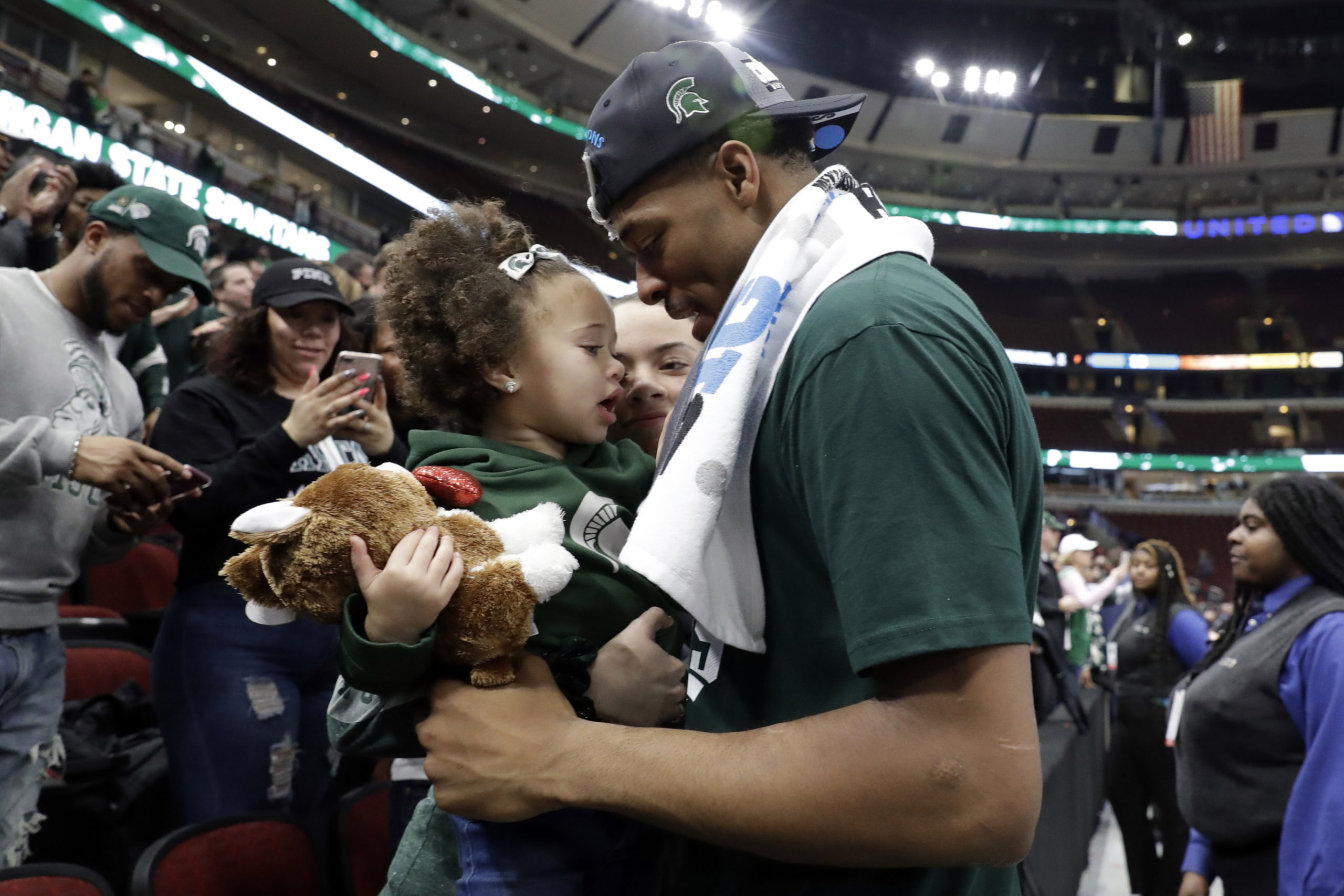 (AP Photo/Nam Y. Huh)
(AP Photo/Nam Y. Huh)
XT: My daughter helped me become a more disciplined man. I had her when I was a senior in high school. She was born in December, right before the season started. I had her and she just helped me lock in more to where I wasn’t tempted in high school. I was more focused on my schoolwork. I want to tell her there are not a lot of obstacles that can stop her if she puts her mind to things. She’s definitely made me more disciplined. When she is older, she will be like ‘why are you so hard on me?’ Because I want the best for her.
Your mom also played basketball in college. I know she was really good too. How did she help you become the player and person you are today?
XT: Everybody always mentions how great she was as a basketball player. I probably have seen three clips of her playing in college. It motivates me to want to be better than her. Everybody says she is great, but I want to show everyone I can be great as well. She is definitely a great motivator for me. She just always put me around the game, whether it was camps or anything else. She was the person who brought me to all my tournaments and all of my practices. She was at practice with me all of the time. She was screaming at me in the game to be more aggressive with the ball and crash the boards more often, stuff like that. She just always had me around the game. She never forced it on me at all but she let me fall in love with it. Once I did, I ran with it.
What are some of the goals that you have for yourself off the court?
XT: Hopefully, later on in my career when I have the funds and the resources, I can do a lot of community work for Grand Rapids and help kids who want to play sports give them their opportunities to play sports. I’m one of those guys that just wants to help people. I guess that’s the best way I could put it. I want to start my own AAU team in Grand Rapids. I want to start that, but right now, I don’t know how to start it. I know my values and core values of the program that I want to have. That is something that I’m looking forward to doing within these next five or so years. Then other work in the community, like backpack drives and stuff like that in the summer going into the school year. My dad did that a lot of stuff like that when I was growing up. He did a lot of backpack drives for kids. If people want me to go to their schools and give kids a real-life look at who I am, I would love to do that. I can talk about what I went through with my hardships and my trials and tribulations. I can show them that even though you’re going to have trouble, you’re going to be able to chase your dreams and still fulfill your dreams as long as you keep working.
I know you ended up getting a degree in communication. What would you like to do with that? Would you be interested in doing broadcasting after your playing career is over?
XT: Absolutely. I want to be like Stephen A. Smith. I love his antics and how dramatic he is. I bet I could learn how to bring entertainment to it as well. But I love speaking, especially about stuff that I know about. I want to be on shows like ESPN’s First Take. I could see myself being like Chris Webber. I love how he talks during the game. I can really analyze the game and let the fans know about more than what is just going on the court but also the mindsets of players. Many people don’t understand the mindset that you have to have to have to be an NBA player, playing on national television in front of millions of people. You have to be so mentally confident in your abilities in order to shine. Those two guys are people that I look up to in terms of my broadcasting career.
——————-

